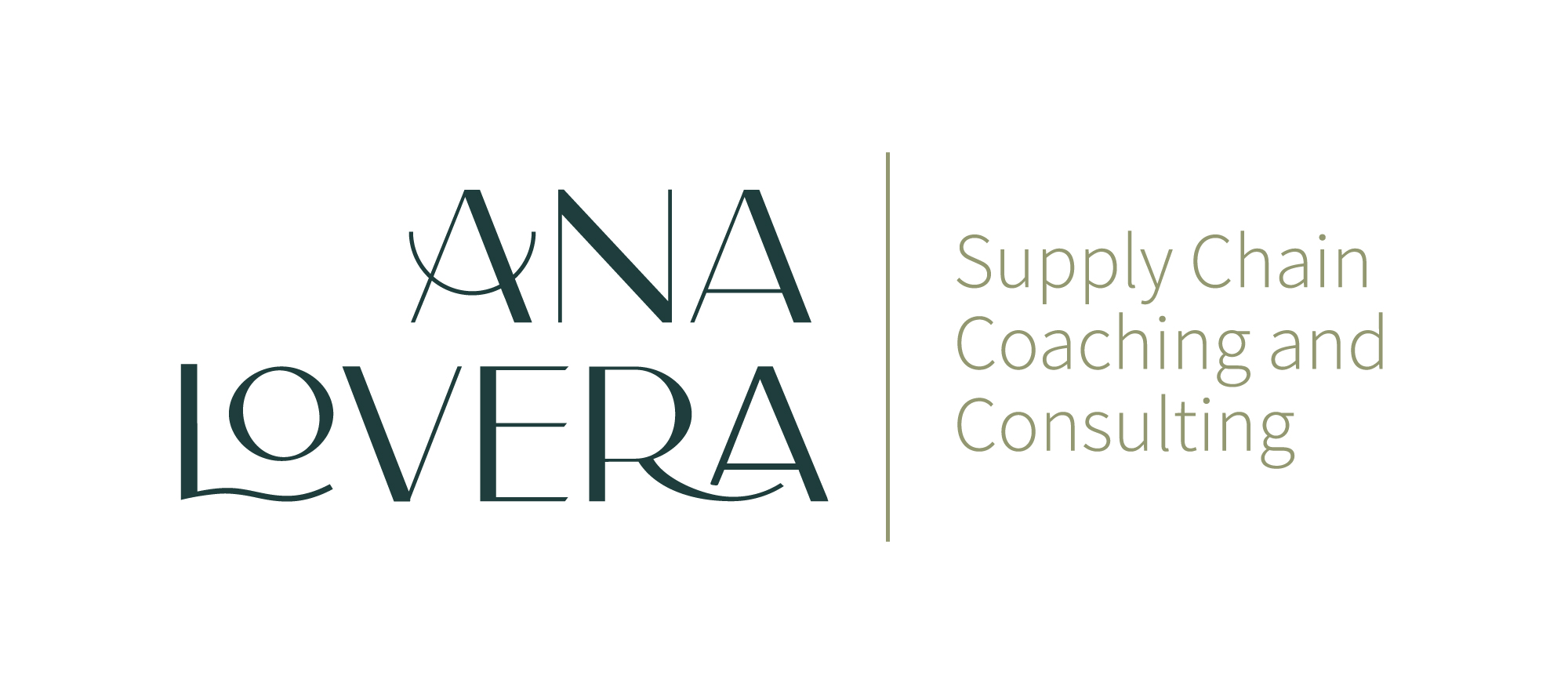
The First Sale is to Yourself
“The first sale is to yourself,” writes Dr. Alan Weiss in his 2014 bestseller Million Dollar Launch. As the title suggests, this is a book about starting a consulting business. But before you stop reading, it isn’t just a book for consultants. Nor is it solely about the ins and outs of acquiring clients. Rather, with exceptional clarity, Weiss writes that one of the most important things to consider when you attempt to make a living by persuading others of your expertise is, first and foremost, to believe in your own value. He is referring to your “first sale.” But this isn’t an actual business transaction. It’s the “contract” you make with yourself as an affirmation of your professional value. Much like a legal contract, this should be one of true commitment.
To me, this is a lesson that virtually every professional or entrepreneur, at any point in their career, could benefit from. It is certainly something one should be continually mindful of, particularly as the progress towards your goals often requires the investment of others; not just in ourselves but in our projects as well. Others will be far more likely to invest in us to the degree that we demonstrate confidence in our ability to deliver valuable results in our field of expertise.
Having worked for a large corporation as a “Purchasing Officer,” I found myself on the receiving end of more sales pitches than I ever expected to hear in a life-time. It is not uncommon, unfortunately, to observe professionals who can brilliantly sell a product or service on behalf of others, but who are not as eloquent or confident when trying to communicate their own value. I have found this to be true across a range of industries and cultures.
Many of you reading this will have spent decades acquiring and perfecting a particular knowledge base and skill-set. You probably gained this expertise at school and through training, and then you applied them at work and earned experience. This know-how is the core of your value. Surely you have noticed that in the workplace a great range of things can get in the way of achieving your objectives. As you overcome those challenges, and become increasingly convinced of your ability to deliver, you will gain confidence in your professional value. And that is the very definition of self-confidence: “one’s conviction of being able to achieve our goals.”
In the professional arena, when you find yourself delivering a sales pitch, or talking about your accomplishments during a job interview, you need to be able to generate “contagious enthusiasm,” as Dr Weiss puts it, about the value that you will be able to deliver for a potential client or employer. To believe in yourself and confidently showcase your value should not be mistaken for pride. Nor should doubting your worth be confused with humility. Rather, to be confident of your abilities, skills, and worth, is to have an accurate and healthy self-perception.
Selling yourself in the professional world is not an easy task. That much is clear to me. Yet it is essential. The word “selling” implies trading ourselves for a given price. But we know of course that human beings are not saleable goods. However, in the commercial world, a convincing speech by the seller increases the perception of a commodity’s value in the buyer’s mind, and the likelihood of persuading him to pay a price that resembles its value in the seller’s mind. If we put ourselves in the place of a “commodity,” who we are and the service we provide has a certain value, for which we would have established a corresponding fee. Regardless of what that number looks like or how you arrived at it, “the first sale is to yourself” means that you need to believe that you and your services are worth that “number.” And only then can your sales pitch become authentic and convincing.
In job interviews, salary negotiations, one-on-one discussions with our superiors, meetings with potential investors, sales pitches, and elsewhere, we are constantly selling, we are constantly auditioning, we are constantly testifying to our value. It is as necessary as it is inevitable. And the fact that our professional journey is often compared to a “game” or a “performance” does not make it less honest. As the saying goes, “if you don’t play the game, you can’t possibly hope to win.”

Job interviews are often compared to auditions or sales pitches. Photos by pexels.com
Auditions are often compared to job interviews or sales pitches in the business world. To continue with that analogy, let’s explore a few practices that performers use before they audition, which help project their value and increase the chances of being selected for a role:
Know your script: Before an audition, an actor or actress will receive a prompt which will help them to prepare a routine or monologue related to what the casting-panel is looking for. Similarly, a job interview will provide a description of the role applied for, or a business bid will provide a statement of work. Whatever material you have to go on, read it, study it, and find the dots where your strengths connect with the needs of your audience. Then develop a series of statements that will describe those connections, as eloquently and as smoothly as you know how, such that your interactions can be confident and comfortable when the meeting arrives.
Research: When studying a character, actors do not merely study the role they wish to play. With the objective of making their performance more authentic, they often read the entire script and often will research the whole story to understand the character’s past, beliefs, motivations, fears, the relationship with other characters, and much more. This is ever-so-important in business as well. You need to learn as much as you can about a potential employer or client, understand their story, their position in the industry, who their main customers and suppliers are, what products and projects they work on, and so forth. In this way you can better align yourself to their needs.
Discover Connections: Actors often go back to their own memories, passions, fears, etc. to find ways to connect at an emotional level with the character they intend to play. In your line of work you may not be expected to show much emotion, but discovering ways in which your values or interests connect with those of a job or client can inject an extra dose of passion for the task at hand. You don’t have to talk about it during your presentation, as genuine enthusiasm often transcends the spoken language and becomes evident in positive ways.
Find a reading partner: In preparation for an audition, actors often practice their script with a reading partner. This helps them create a situation that resembles what the audition will be like, hopefully with less anxiety. Find a trusted colleague or mentor with whom you can practice your speech. Then obtain feedback and improvise possible questions that may arise.
Don’t be afraid of rejection: No amount of practice, experience, or confidence will completely insulate anyone from rejection. Learn as much as possible from the overall process, work on what needs to be improved, and try again when the next opportunity comes along. But don’t lose confidence. The right opportunity will come to those who persevere!
To gain confidence, to obtain an accurate sense of your value, and to have that recognized by your peers is not an easy thing to achieve. It won’t happen overnight. It will require perseverance, patience, and continual effort; but it’s certainly a goal worth pursuing, as it’s the basis of a rewarding professional life.


